Booking a hotel can feel like playing roulette sometimes. You see those glossy photos on the website, read a few glowing reviews, and think you’ve found the perfect place to rest your head. But then you arrive and discover the ‘ocean view’ is actually a parking lot with a sliver of blue in the distance, or the ‘recently renovated’ rooms still have carpet from the Reagan era.
The good news is that most hotel disasters are completely avoidable if you know what warning signs to look for. These red flags often hide in plain sight on booking websites, review sections, and even in the hotel’s own marketing materials. Here’s a list of 15 warning signs that should make you think twice before hitting that ‘book now’ button.
Vague or Missing Photos

When a hotel only shows you three blurry photos of the lobby, that’s like a restaurant menu with no pictures of the food. Legitimate hotels are proud of their rooms and facilities, so they’ll showcase them with clear, well-lit images from multiple angles. If you’re seeing stock photos of generic hotel rooms or pictures that look like they were taken with a 2005 flip phone, that’s your first clue something’s off. Hotels that have something to hide will keep their photo galleries suspiciously minimal or focus only on their best angle while conveniently avoiding shots of the actual guest rooms.
Overwhelmingly Negative Recent Reviews
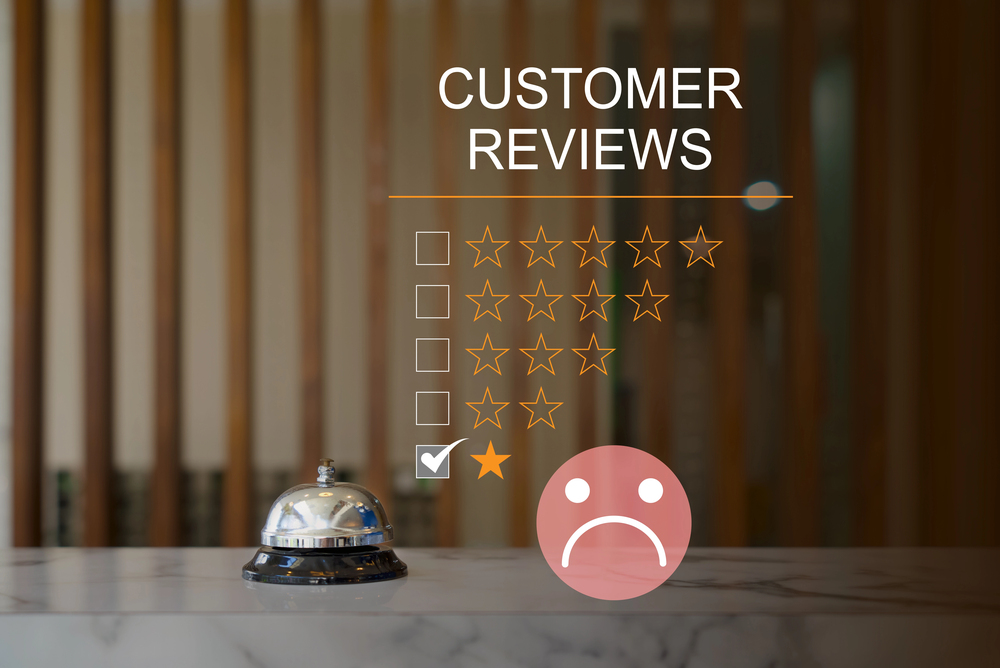
A few bad reviews here and there are normal, but when the recent feedback reads like a horror story collection, pay attention. Look specifically at reviews from the past three to six months, as hotels can change management or deteriorate rapidly. If guests are consistently complaining about the same issues like cleanliness, noise, or rude staff, those problems likely haven’t been fixed. Don’t just focus on the star rating either — actually read what people are saying, because a hotel might have decent older reviews but terrible recent ones that drag down the overall score.
No Clear Cancellation Policy

Hotels that make it difficult to understand their cancellation terms are usually preparing for you to lose money. Reputable establishments will clearly state their policies upfront, typically allowing free cancellation up to 24–48 hours before your stay. If you have to dig through fine print or can’t find cancellation information at all, that’s a major warning sign. Some sketchy places will have extremely restrictive policies that essentially trap your money the moment you book, regardless of circumstances.
Suspiciously Low Prices

When a hotel room costs half of what similar properties charge in the same area, there’s usually a catch. Hotels operate on pretty standard profit margins, so drastically lower prices often mean they’re cutting corners somewhere important like cleanliness, maintenance, or customer service. This doesn’t mean you should always book the most expensive option, but be wary of deals that seem too good to be true. Sometimes that bargain price comes with hidden fees, terrible conditions, or both.
Generic or Stolen Photos

Professional hotel photographers have a particular style, and authentic hotel photos usually have consistent lighting and angles throughout the gallery. If the images look mismatched, overly polished, or like they belong in a home decorating magazine rather than a real hotel, they might be stock photos or even stolen from other properties. Some dishonest hotels will use images from their sister properties or completely different establishments to make their place look better than it actually is. Reverse image searching suspicious photos can sometimes reveal if they’re being used by multiple hotels.
No Phone Contact Information
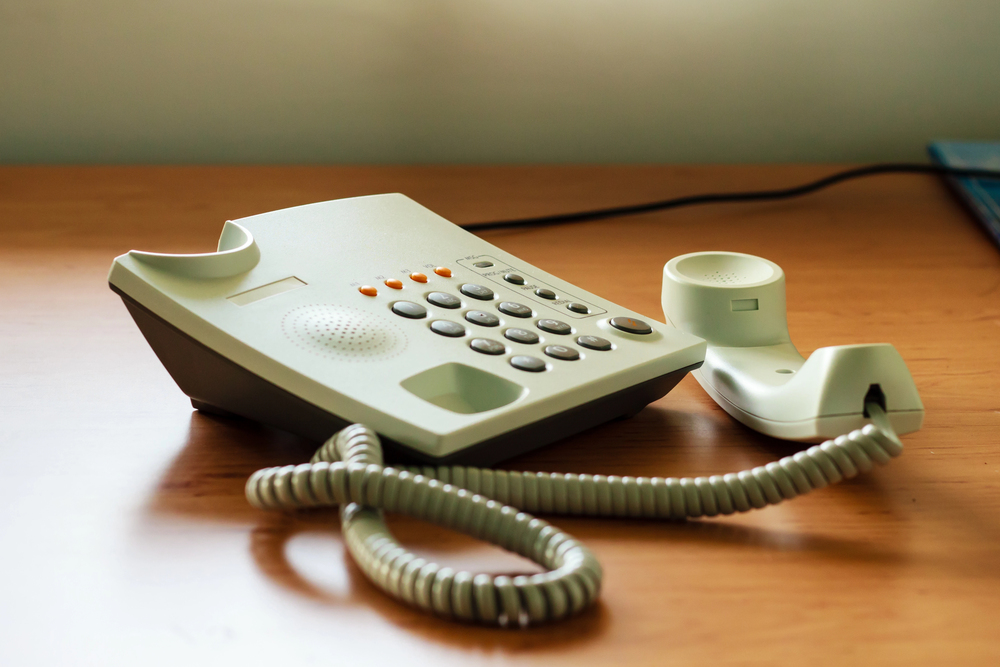
Any legitimate hotel should have a working phone number that connects you to actual staff members. If you can only contact them through email, messaging apps, or online forms, that’s concerning. Phone contact allows you to ask specific questions, get immediate answers, and gauge the professionalism of their staff before you arrive. Hotels that avoid direct communication often do so because they don’t want to answer uncomfortable questions about their facilities or policies.
Excessive Resort Fees
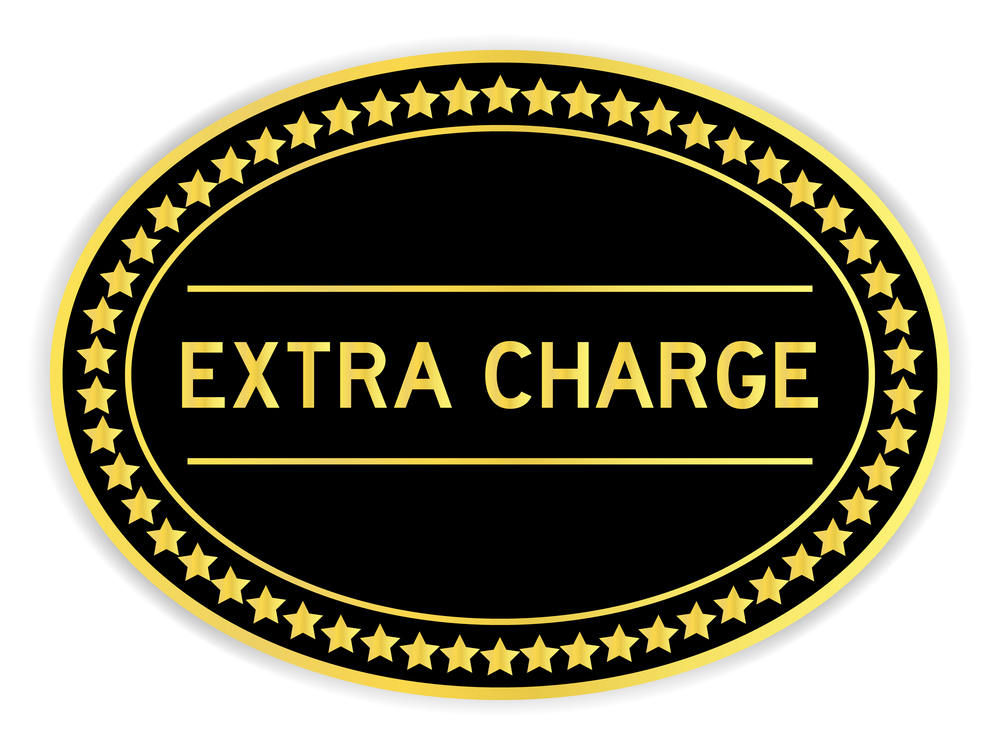
Resort fees have become the airline baggage fees of the hotel industry, but some places take it to ridiculous extremes. These mandatory daily charges can add $20–$50 per night to your bill for amenities you might not even use. While many hotels now charge these fees, be suspicious of places that aren’t upfront about them or charge unusually high amounts. The worst offenders will advertise a low room rate but then hit you with multiple mandatory fees that double your actual cost.
Poor Website Quality
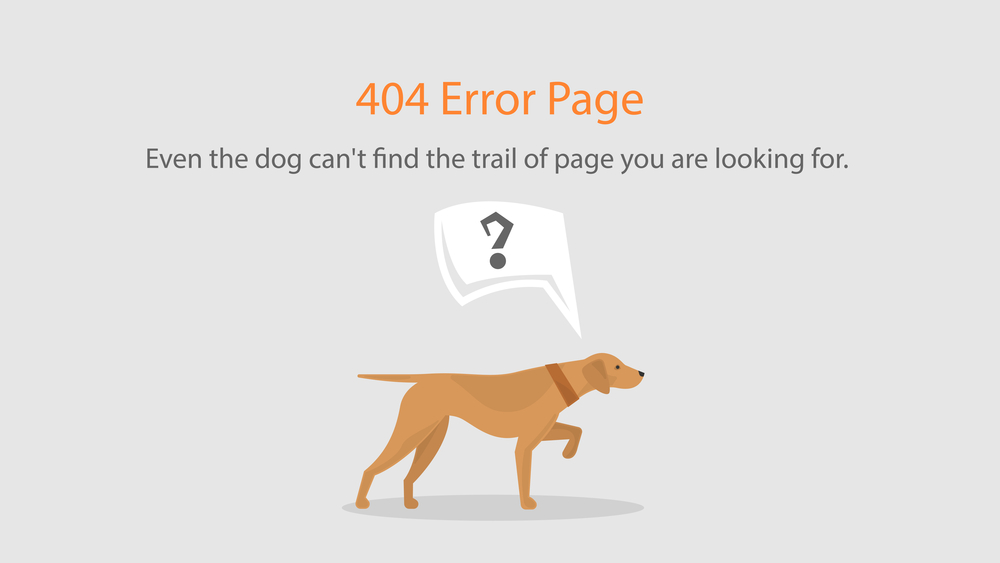
A hotel’s website is basically their digital storefront, so if it looks like it was built in 1995 and hasn’t been updated since, that’s telling. Professional hotels invest in decent websites because they understand that’s often a guest’s first impression. Look for broken links, outdated information, poor grammar, or pages that don’t load properly. If they can’t maintain their online presence, it raises questions about how well they maintain their actual property.
Limited or Fake Social Media Presence
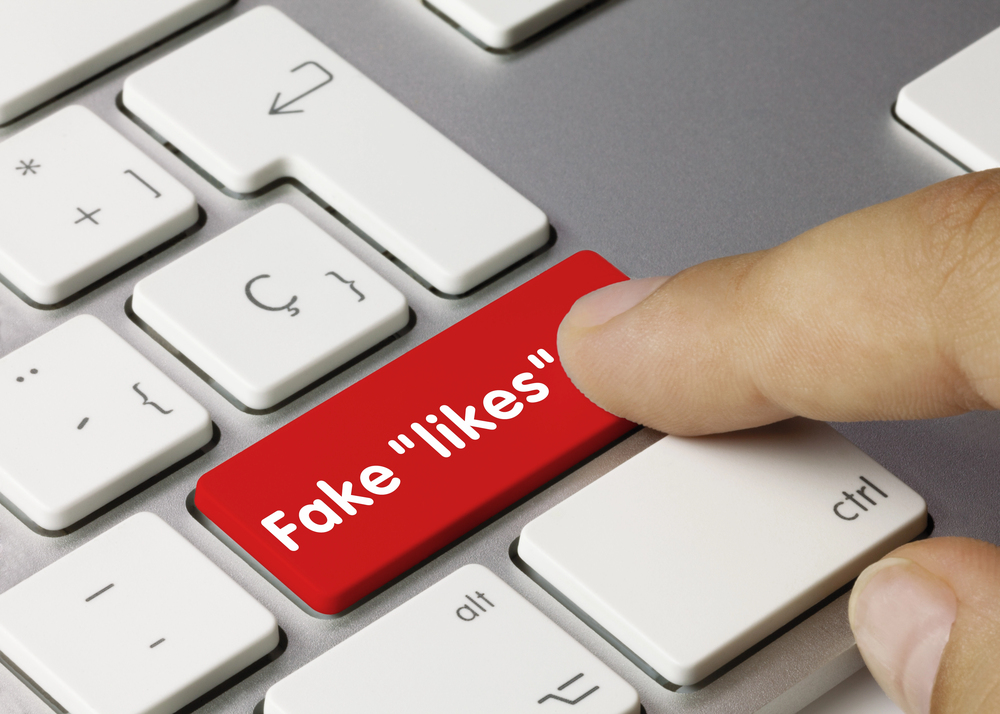
Most established hotels maintain active social media accounts where they post updates, respond to guests, and showcase their facilities. If their social media accounts have very few followers, no recent posts, or interactions that seem artificial, be cautious. Some questionable establishments create fake social media profiles with purchased followers and generic posts to appear more legitimate than they actually are. Real hotels typically have organic engagement with actual guests posting photos and leaving comments.
Evasive Responses to Direct Questions

When you contact a hotel with specific questions about their amenities, room conditions, or policies, their responses should be clear and helpful. If they give vague answers, deflect your questions, or seem reluctant to provide basic information, that’s a red flag. Honest hotels have nothing to hide and will happily answer questions about things like Wi-Fi quality, parking availability, or room layouts. Places that dance around your questions or provide non-answers are often trying to avoid revealing problems.
No Clear Address or Location Details

Legitimate hotels are proud of their location and will clearly display their address, nearby landmarks, and distance to major attractions. If the location information is vague, missing, or seems intentionally unclear, be suspicious. Some fraudulent listings will use fake addresses or place themselves in more desirable neighborhoods than where they actually exist. Always verify the location on mapping services and cross-reference it with local business directories.
Reviews That Sound Too Similar

When you’re reading through reviews and they all seem to use similar phrases, mention the same specific details, or have an unnaturally positive tone, they might be fake. Authentic reviews vary in writing style, focus on different aspects of the stay, and include both positive and negative observations. If every review mentions the same ‘amazing breakfast’ or ‘friendly staff member named Maria,’ that’s suspicious. Real guests write about different experiences and use their own vocabulary and perspectives.
Pressure Tactics During Booking

High-pressure sales tactics work in used car lots, but they shouldn’t be necessary for hotel bookings. If a website constantly bombards you with ‘only two rooms left’ warnings, countdown timers, or messages about other people viewing the same room, be skeptical. While some of this might be legitimate, excessive pressure tactics are often used to rush you into a decision before you can research properly. Reputable hotels let their quality speak for itself rather than relying on artificial urgency.
Missing Basic Amenities Information

Every hotel should clearly list what amenities they offer, from Wi-Fi and parking to pools and fitness centers. If this information is missing, buried in fine print, or inconsistent across different booking platforms, that’s concerning. Some hotels will deliberately keep amenity information vague so they can blame misunderstandings on guest assumptions rather than taking responsibility for misleading marketing. Make sure you can easily find details about the specific amenities that matter to you.
No Verifiable Contact with Local Authorities

— Photo by Y-Boychenko
Legitimate hotels are registered businesses that comply with local regulations, pay taxes, and maintain proper licenses. If you can’t find any evidence that the hotel is a registered business in that location, or if local tourism boards and city websites don’t acknowledge its existence, be very careful. Some online listings are complete scams that take your money but don’t actually operate a real hotel. A quick search of local business registries or tourism websites can help verify legitimacy.
When Red Flags Become Dealbreakers

The hotel industry has evolved dramatically over the past decade, with online booking platforms making it easier than ever to find accommodation but also creating opportunities for less scrupulous operators to reach unsuspecting travelers. What once required a travel agent’s expertise to navigate can now be done from your couch, but that convenience comes with the responsibility of being your own detective. The warning signs we’ve covered aren’t just minor inconveniences — they’re often indicators of deeper problems that can turn your vacation into a nightmare. By taking a few extra minutes to spot these red flags before booking, you’re not being overly cautious — you’re being smart about protecting both your money and your peace of mind.
More from Travel Pug

- 20 Best Beach Towns in the Carolinas
- 13 Destinations Where Tourists Regularly Regret Their Trip
- 20 Things You Actually Get in First Class
- 20 Small Airports With Aviation Museums
- 20 Places in the U.S. That Are Perfect for a Reset Trip
Like Travel Pug’s content? Follow us on MSN.
